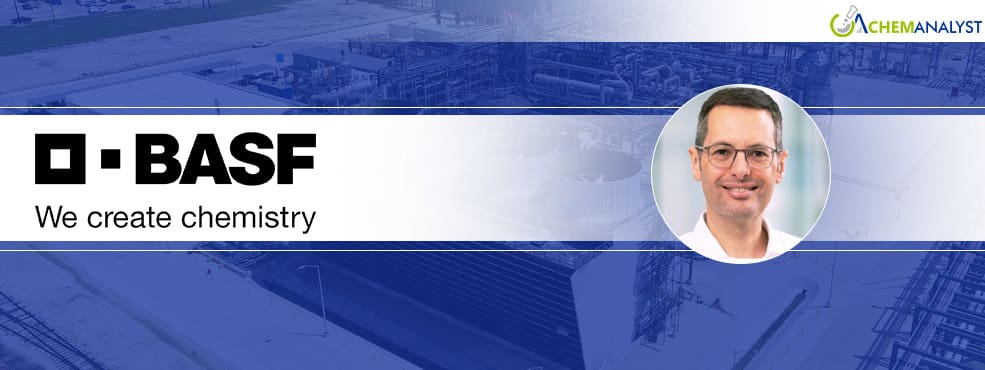Welcome To ChemAnalyst

BASF has achieved a significant milestone in its sustainability journey by becoming the first producer of renewable ammonia in Central Europe. The chemical giant announced today the launch of two new renewable ammonia grades – renewable ammonia and renewable ammonia solution 24.5% – manufactured at its flagship Verbund site in Ludwigshafen.
The production of these innovative ammonia grades relies on the integration of renewable energy-derived hydrogen into BASF's existing ammonia plant. By substituting fossil-based hydrogen with its renewable counterpart, BASF directly reduces the plant's consumption of natural gas, a key contributor to greenhouse gas emissions. While the Verbund site utilizes both fossil and renewable sources for hydrogen production, BASF employs a mass balance approach to meticulously attribute the renewable hydrogen to the newly launched ammonia grades.
The renewable ammonia grades have been certified according to the internationally recognized ISCC+ standard, validating their sustainable origin and the integrity of the mass balance system. Importantly, these grades can be seamlessly integrated into existing applications, functioning as a direct replacement for conventional ammonia without requiring any modifications to established processes or infrastructure. The renewable ammonia grades are available through BASF’s standard bulk delivery methods.
Dr. Jens Aßmann, Vice President Business Management Ammonia Value Chain and Operations Amino Resins at BASF, underscored the importance of this development, stating, "Our biggest goal is net zero of our products. With our renewable ammonia, we can significantly undercut the product carbon footprint (PCF) of our other low-CO2 ammonia grades." BASF calculates its PCFs in accordance with the rigorous Together for Sustainability PCF Guideline, ensuring credible and transparent reporting of environmental impact.
Ammonia is a vital chemical building block used in the production of fertilizers, plastics, synthetic fibers, and numerous other industrial applications. Recognizing this demand, Dr. Aßmann emphasized, "Our customers, as well as BASF’s own downstream businesses, need low-carbon products already today to explore their market. We are proud to offer the first renewable ammonia produced in Central Europe with a very low PCF."
The introduction of renewable ammonia is a significant stride forward in the sustainable transformation of BASF’s Monomers division. The division has set an ambitious target to offer at least one circular or low-PCF option for every major product line by 2025. This commitment aligns with BASF’s overarching goal of achieving climate neutrality and net-zero CO2 emissions by 2050.
We use cookies to deliver the best possible experience on our website. To learn more, visit our Privacy Policy. By continuing to use this site or by closing this box, you consent to our use of cookies. More info.
